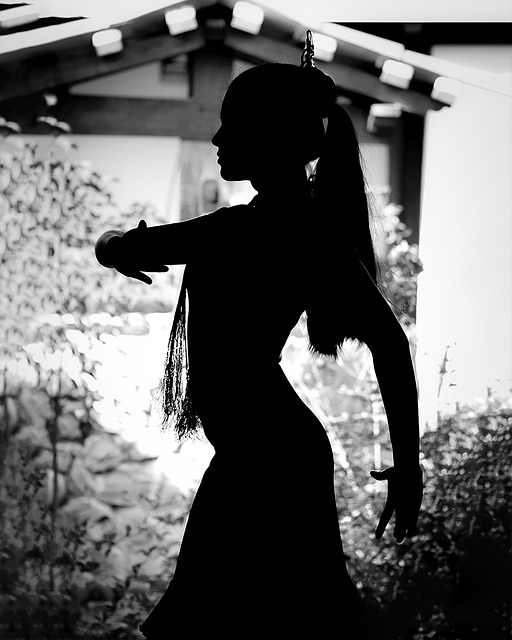There’s a video of Paco de Lucía that stays with me.
He’s being interviewed, and the journalist asks him about the mentality of people born on the coast.
Paco pauses, looks somewhere just past the camera, and with a faint, wistful smile, says, “Somos más soñadores.” We’re dreamers.
It’s such a simple answer, but it says everything.
Paco de Lucía wasn’t just a flamenco guitarist—he was a dreamer who turned the impossible into music.
And he didn’t just dream within the safe walls of tradition; he dreamed bigger, louder, and farther than anyone thought flamenco could go.
Fransico Sánchez Gómez (better known as Paco de Lucía) was born in Algeciras, Cádiz, in 1947.
He wasn’t born into a Romani family, which, if you know flamenco, is kind of a big deal.
For centuries, flamenco’s rawest expressions have come from the Gitanos or “gypsies” whose history of marginalisation and resilience gave flamenco its soul.
But Paco?
He was a Spanish boy from Algeciras born to a humble Andalusian family. His father, a guitarist, drilled him relentlessly—Paco later said he learned music through fear before he learned it through love.
But by the time he was 11 he was already dazzling audiences.
Here’s the thing about Paco: he could’ve stopped at being a great traditional guitarist. He could’ve played soleás and bulerías with perfection, and everyone would’ve called him a genius.
But Paco was never just about playing the notes.
He was about feeling them, stretching them, transforming them.
He took flamenco places no one expected it to go. He brought in jazz, classical music, and even introduced the cajón—a Peruvian percussion instrument—into flamenco’s repertoire.
To the purists, this was sacrilege.
To everyone else, it was genius. Paco wasn’t abandoning flamenco’s roots; he was showing the world how deep those roots could grow.
One of the most magical things Paco did was collaborate with Camarón de la Isla. Together, they created a sound that balanced tradition with innovation, raw emotion with technical mastery.
Albums like El Duende Flamenco and La Leyenda del Tiempo are still untouchable, not just in flamenco but in music in general.
Paco died in 2014, far too young, but his legacy?
Unshakable.
He proved that flamenco isn’t just about where you’re from; it’s about what you feel, what you dream, and how fiercely you’re willing to pursue it.
So if you’ve never listened to Paco de Lucía, start with Entre Dos Aguas. Let yourself be swept up in the magic of a man who never stopped dreaming—and made the rest of us dream a little bigger too.



